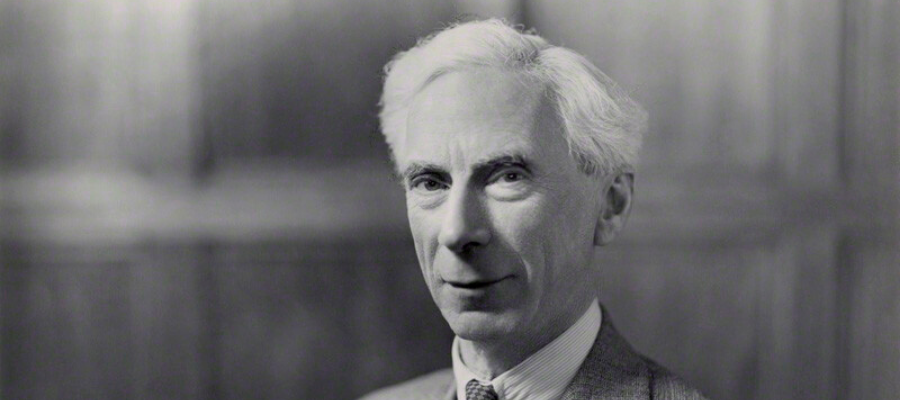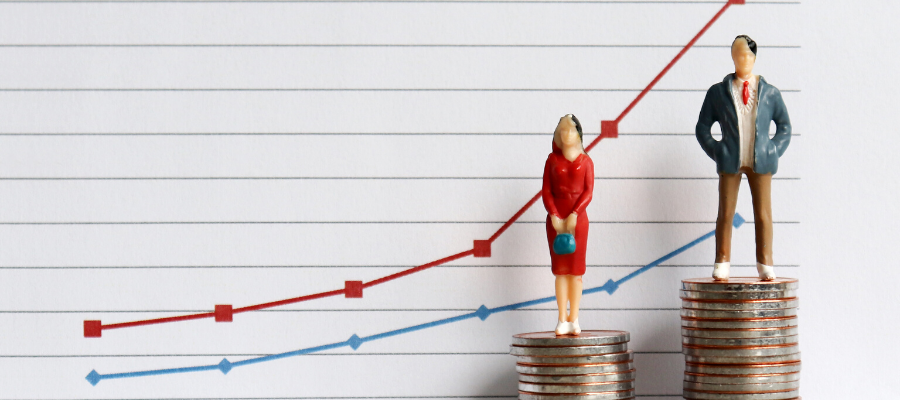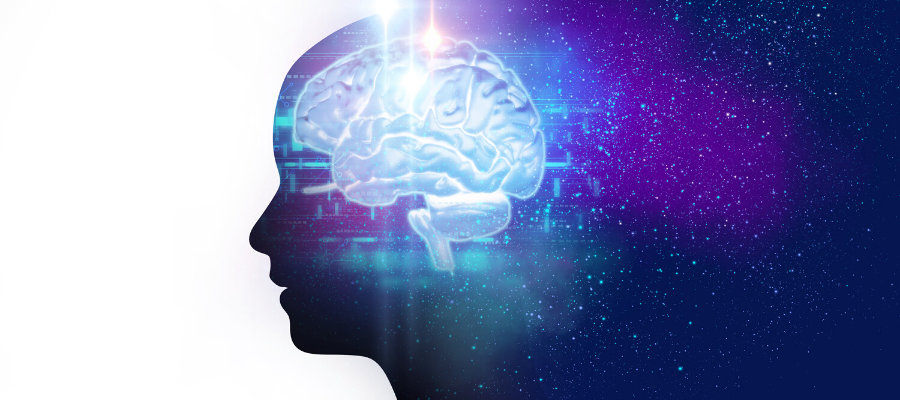Why Is Analytic Philosophy Dominant?
03
Mar 2017
How did analytic philosophy come to dominate Anglo-American philosophy departments? If you think it's because analytic philosophy is just superior, that might be your bias showing. Some seemingly important developments in the history of thought are determined by rather uninspiring and unglamorous contingencies like rivalries or personal idiosyncracies.
Read more[AUDIO] What is a Woman?
01
Mar 2017
What does it mean for someone to be a woman? While the answer to this question for much of human history may have seemed obvious, modern feminist thought objects to many longstanding ideas about gender. Is gender just socially constructed? Is anyone whom identifies as a woman, really a woman?
Read moreWe Don't Decide Who We Love
02
Mar 2017
We often think of a love as something natural and powerful—a mysterious feeling we experience spontaneously, deep in the recesses of our essential selves. But our love, and our capacity to love, may have a lot more to do with our society than we acknowledge.
Read moreWhat are Crony Beliefs?
14
Mar 2017
Crony beliefs are beliefs you have partly because you want to believe them. But is it really possible to form beliefs because you want to have them? Does that explain why so many people seem to believe things that serve their self-interest? Or is there another explanation for that?
Read moreAll We Need to Solve Inequality is a Plague
27
Mar 2017
Do we need a major catastrophe, like the bubonic plague or the small pox epidemic, in order to solve economic inequality? That's what one author, historian Walter Scheidel, thinks.
Read moreTo 'Get' a Piece of Art? Maybe 20 Minutes
10
Mar 2017
How long do you think one should spend with a piece of visual art to "get" it? And what does it really mean to “get” a piece of art? What is art doing for us? And what explains the feeling of understanding art?
Read moreA Country is a Country
06
Mar 2017
A bizarre, somewhat tongue-in-cheek meditation by Point Maganize's Michael Kochin on the concept of a country. Part-historical, part-philospohical, the piece walks us through how America came about and what it meant that it did. The article struggles with the project of figuring out who should get to count as American, and thus touches on the immigration debate raging in American politics today. At its heart, the core question seems to be: what is America for? Here's the full link:
Read more[VIDEO] Contrastivism—A Revolution in Philosophy?
21
Mar 2017
It has been described as a revolution in philosophy and a new way to approach age-old questions in the discipline. But what exactly is contrastivism?
Read more[AUDIO] Art and Morality
09
Mar 2017
It is not unusual for pieces of art, such as literature or cinema, to address moral questions. However, is art not seen as entertainment by most? Does its role as entertainment affect its ability to comment on morality? Does art have something to offer on ethical questions that other fields, such as philosophy, cannot offer?
Read moreThe Mind-Body Problem, Part 1: Substance Dualism
07
Mar 2017
You have a mind and you have a body. What’s the connection between the two? All of us are aware of our physical being—our bodies—and we also have an immediate experience of our mental states—our thoughts, emotions, and sensations—but figuring out the relation between these has not been easy.
Read moreIs Consciousness an Illusion?
20
Mar 2017
Prominent philosophers go head to head in this New York Review of Books piece. Thomas Nagel writes a critical review of Daniel Dennett's new book From Bacteria to Bach and Back: The Evolution of Minds.
Read moreDo Philosophy For Its Own Sake, Not for a Job
13
Mar 2017
Should we encourage students to study philosophy because it turns out that it's actually a great way to make money and have a lucrative career? Or in doing so are we losing sight of the value of a philosophical education? Isn't philosophy essential for a democratic citizenry, for example?
Read more[VIDEO] What is Neoliberalism?
17
Mar 2017
"Neoliberalism" is one of those terms tossed around by both those who know what they're talking about and those who have absolutely no idea what they're talking about. But like any other complex concept, the definition of neoliberalism is often in contestation.
Read moreFeel like Democracy is Crumbling? So Did Plato
16
Mar 2017
What happens when a society, once a model for enlightened progress, threatens to backslide into intolerance and irrationality? How should that society’s stunned and disoriented members respond? Do they engage in kind, resist, withdraw, even depart?
Read more[COMIC] Philosophical Conflicts at the Poker Table
30
Mar 2017
Fichte, Nietzsche, Hegel, and Kant sit down for some No-Limits Texas Hold 'em. What could possibly go wrong?
Read moreQueer and Christian?
23
Mar 2017
Is it a contradiction to be gay and Christian? Is it possible to preserve a traditional religious identity, while maintaining a lifestyle and identity that—ostensibly—the religion’s canonical texts say is wrong? The answer depends on how we think about religious identities.
Read moreKnowing What We Know—And What We Don't Know
18
Mar 2017
This week’s episode is the first in a new six-part series on the topic of Intellectual Humility. We tackle the big question, whether we can know what we know and what we don’t, since knowing what you do and don’t know is the first step to true intellectual humility.
Read moreShould White Artists Paint the Body of Emmett Till?
31
Mar 2017
Should your race restrict what you're allowed to paint? Is it wrong for white artists to depict black suffering? Or is this just political correctness overdone?
Read moreCruelty in American Politics
29
Mar 2017
How should we respond to the suffering of those who vote against their own best interests? Is unadulterated cruelty a good political strategy? Or does a just social order depend upon our ability to empathize with all human beings?
Read moreTake the Mirror Test
24
Mar 2017
When YOU look at yourself in a mirror, WHO do you see there? The mirror test is a technique developed by psychologist Gordon Gallup Jr. as an attempt to determine whether a non-human animal possesses the ability of self-recognition.
Read moreDescartes, Elisabeth, and My Left Foot
28
Mar 2017
If the mind and the body are two separate things, as substance dualists believe, then how are the two connected to one another? Part 2 of our blog series on the mind-body problem.
Read moreArt and Obscenity
11
Mar 2017
The Supreme Court defines obscenity as any material which "appeals to a prurient interest in sex, portrays sexual conduct in a patently offensive way," and which "does not have any serious literary, artistic, political, or scientific value." But can't some work be both obscene and also have "serious artistic value"?
Read more[VIDEO] So You Think You Can Know?
15
Mar 2017
What does it mean to know something? How is knowing different from merely thinking of believing? Can we establish strict rules for what constitutes knowledge and what does not?
Read more

















